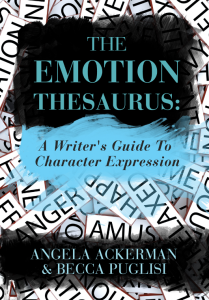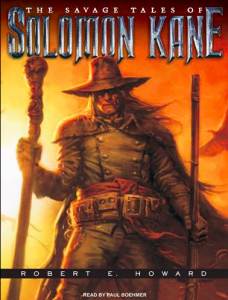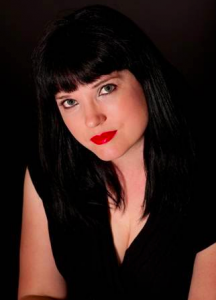Whenever I blog about craft, I’m coming from the perspective of a long-time editor. I do understand that the creation process is vastly different from the editing process. I know this because I’ve been on both sides. But, if you want to minimize revisions and rewrites, it helps to have some basic editorial skills in …
Category: Writing Tips
Jan 07 2014
Want More Writing Success? Learn to Be a QUITTER
Dec 23 2013
The Best Horror Writers You’ve Probably Never Read (But Should): Part 5
Horror is a very important, but often misunderstood and overlooked genre. Yet, it is one of the most powerful. Much of the literature that has endured for generations and even altered society and science can thank horror. A great example? Mary Shelley’s Frankenstein (every ambulance now has chest paddles to use electricity to restart a heart). It took a horror author to wonder about death and what constituted life. Could it be prolonged? Should it be? Horror authors are known for asking the tough questions and are unafraid to give real answers sans candy-coating.
Dec 20 2013
The Best Horror Writers You’ve Probably Never Read (But Should) Part 4
If one of literature’s more noble functions is to comment on the human experience, then the horror genre has the potential to take a scalpel to that human experience and dissect all our worst fears, nightmares, and weaknesses. Horror can examine our frailties and strengths, and – like all good fiction – show us at our worst and at our best.











